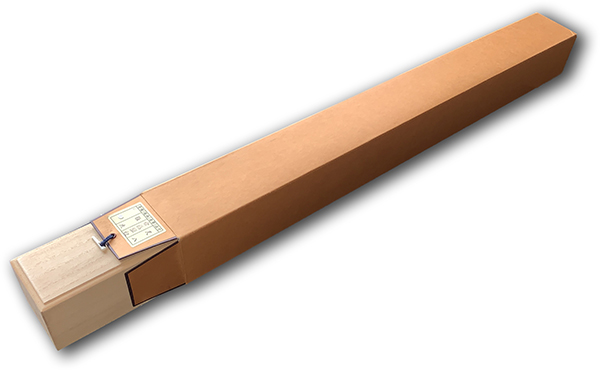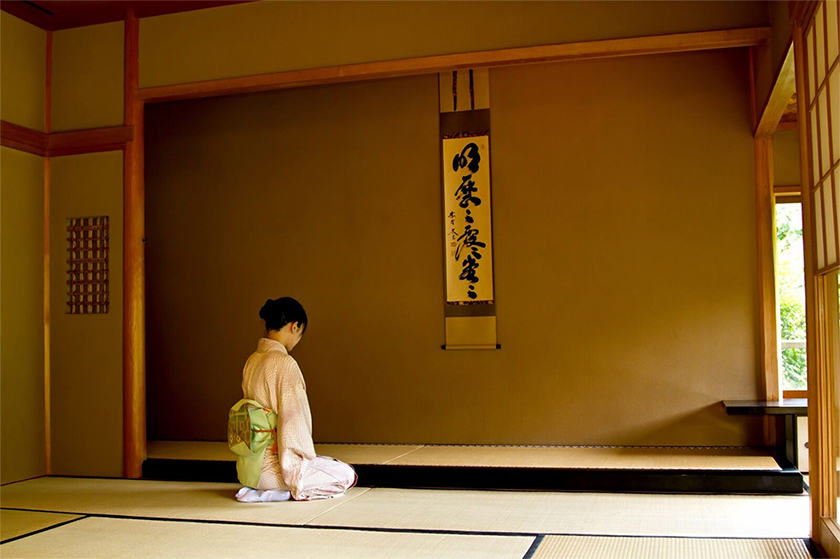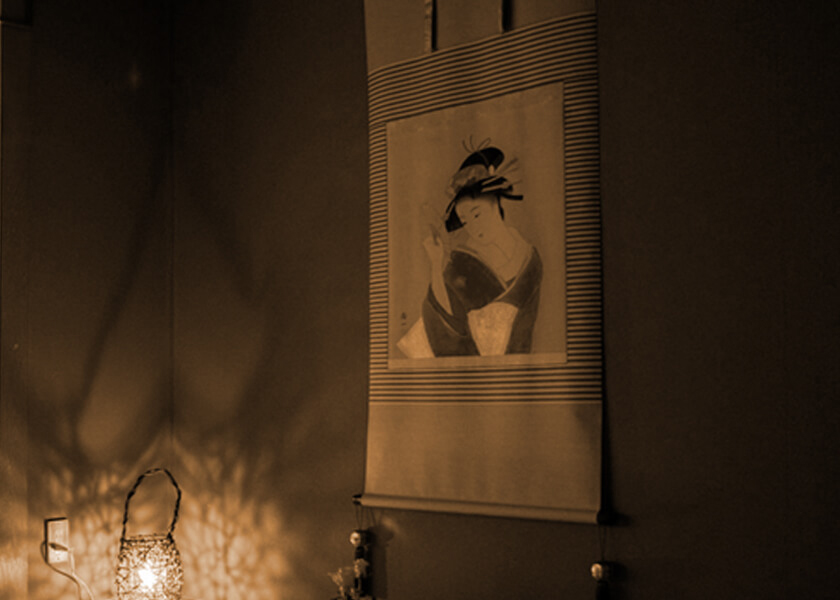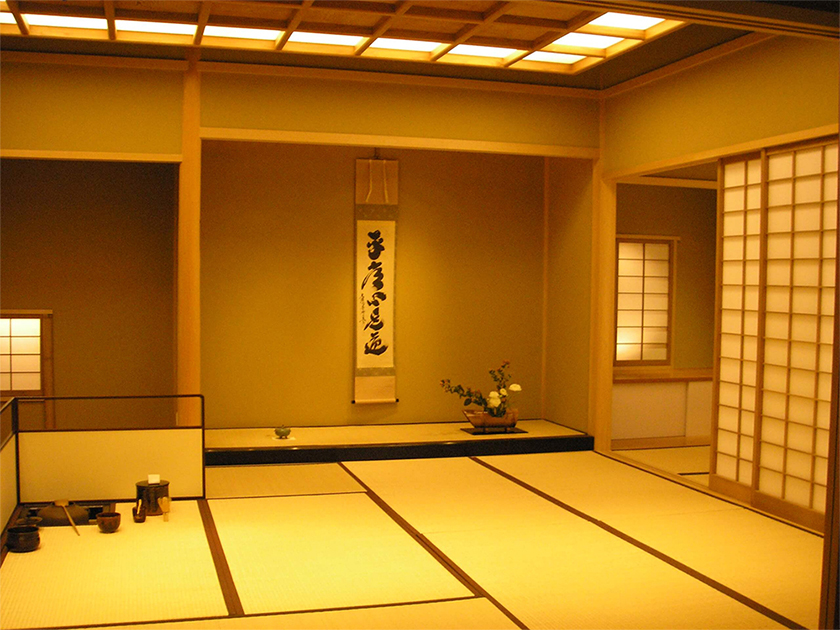SAMURAI STORE
Hanging Scroll Calligraphy / Ichi-go Ichi-e / One Chance in a Life Time

International Shipping Rate from JAPAN.
| North America | JPY 7500 |
|---|---|
| Europe | JPY 7500 |
| Oceania | JPY 7500 |
| Asia | JPY 5600 |
| JAPAN* | JPY 1800 |
| Other Countries | To Be Estimated? |
Zen Décor > Hanging Scrolls >
Product#:
F007
Original Calligraphy
KAKEJIKU Zen Hanging Scroll
Produced by: Samurai Store, Inc. JAPAN
Ready-To-Ship
Delivery Time: 5-10 days
Calligraphy: Ichi-go Ichi-e / One Chance in a Life Time
Ichi-go ichi-e (lit. “one time, one meeting”) is a Japanese four-character idiom (yojijukugo) that describes a cultural concept of treasuring meetings with people. The term is often translated as “for this time only,” “never again,” or “one chance in a lifetime.” The term reminds people to cherish any gathering that they may take part in, citing the fact that many meetings in life are not repeated. Even when the same group of people can get together again, a particular gathering will never be replicated, and thus, each moment is always once-in-a-lifetime. The concept is most commonly associated with Japanese tea ceremonies, especially tea masters Sen no Rikyū and Ii Naosuke. The death was closer to people in the Sengoku period (c. 1467 – c. 1603), when tea ceremony culture reached full bloom, than the present day. Therefore, it is considered then that the concept of Ichi-go ichi-e was born.
There is a concept of “Mujou”, which is considered to be a fundamental concept of Buddhism, in Japanese aesthetic senses. The word “mujou” expresses the idea that all beings in the phenomenal world do not abide, but disintegrate and are in constant transition. The Japanese people love cherry blossoms because they are not permanent and give a feeling of mujou (transience). While Westerners seek beauty in “eternal beings,” many Japanese have a strong tendency to seek beauty in phenomena that is constantly transforming. Mujou can be regarded as unique characteristics of the Japanese concept of beauty that has been growing since the medieval era.
The word “Ichi-go ichi-e” was born from the aesthetic sense. It is often brushed onto scrolls which are hung in the tea room.
This piece is an Ichi-go ichi-e calligraphic work by Taigen Kobayashi, who is the chief priest of the Ôbai-in subtemple of the Daitoku-ji temple, Kyôto. The moment of depicting the work and the artwork itself are once-in-a lifetime even if the subject is the same. This is exactly the Ichi-go ichi-e.
It is interesting that the shape of the first character “ichi” differs from the one of the third character “ichi” even if they are the same character. We can see that Taigen Kobayashi, who is familiar with the tea cult, understands the meaning of Ichi-go ichi-e very well.
The chief priest of the Ôbai-in subtemple of the Daitoku-ji temple, Kyôto.
Taigen Kobayashi was born 1938 in Shenyang and lost his parents at the age of six. At this time he was given to monastery, where he was raised up.
In 1961 he completed a degree at Hanazono University in Kyōto where he thereafter trained under Ōtsu Rekidō, the 130th abbot of Shōkoku-ji. He then succeeded Ōbai-in’s abbot Miyanishi Genshō at Kyōto’s famous Daitoku-ji.
Important:
All artwork is hand-painted by real artists. Thus, even if we have some in stock or place an additional order for artwork, they are not duplicate and are not the same as the artwork on the catalog.
Product image for illustration purposes only. Mount fabrics and specification of the actual product may differ from the photo shown.


The item comes in a strong wooden box, and the whole package will be packed securely in a cardbord box.

















